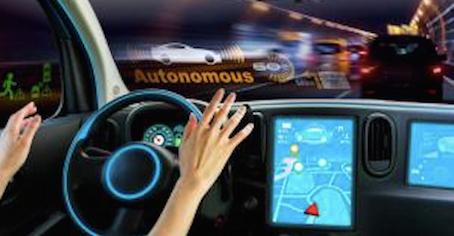
By Antonio Pasolini — The country that is home to some of the world's most influential philosophers, such as Nietzsche and Kant, as well as some of the best cars in the world, seems the right place to discuss the ethics of automated driving. And it is happening.
A group of fourteen philosophers, lawyers, theologians, engineers and consumer protection advocates has spent 10 months discussing and trying out self-driving cars? themselves?.
The commission has produced a report which Germany’s Federal Transport Minister, Alexander Dobrindt, says is the world’s first set of ethical guidelines for automated driving.
One of the members of the commission is Prof. Christoph Lütge, a business ethicist at the Technical University of Munich (TUM). In an interview published on TUM's website, he argues that automated driving is only ethically acceptable if it causes less damage than when it is done by humans. This may be possible in the future, with improvements in driving. "Our aim is to contribute to this development through these guidelines," he says.
He adds that responsibility is not being shifted to technology per se but to the manufacturers and operators of the technology. "We want regulations that clearly set out when the driver is in control and when technology is in control – and who is liable," he explains.
Another interesting point he makes is that the commission wants to avoid situations where the system suddenly hands over control to the driver, but as responsibility can change between the two parts, every journey should be documented in a black box.
International standards also need to be developed for these scenarios.
This is a fascinating topic that highlights how technology forces us to think about what being human means and how the introduction of technologies in ethical minefields such as driving can spark deep philosophical conversations.
To read the full interview follow the link.
TriplePundit has published articles from over 1000 contributors. If you'd like to be a guest author, please get in touch!














